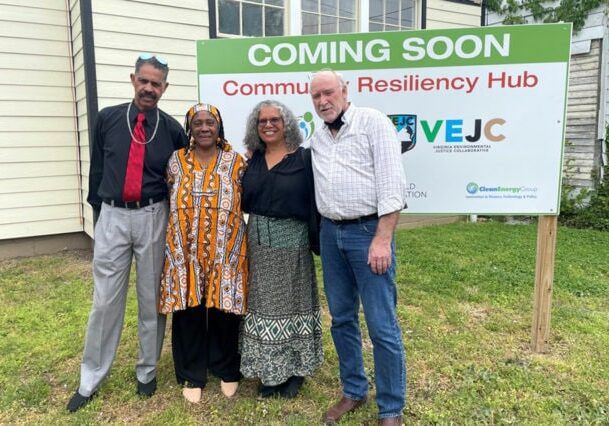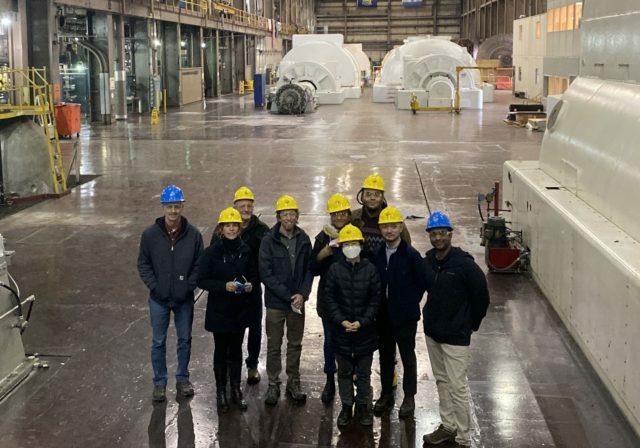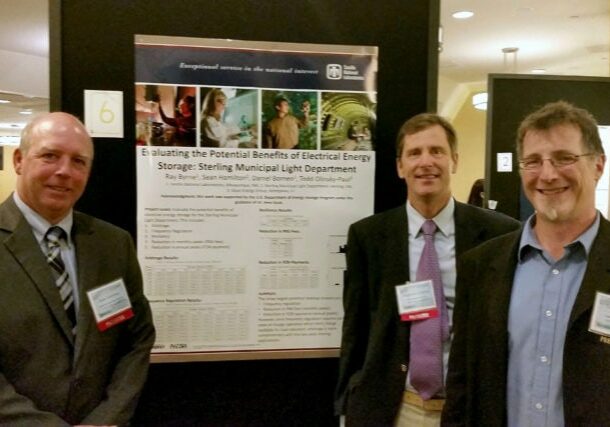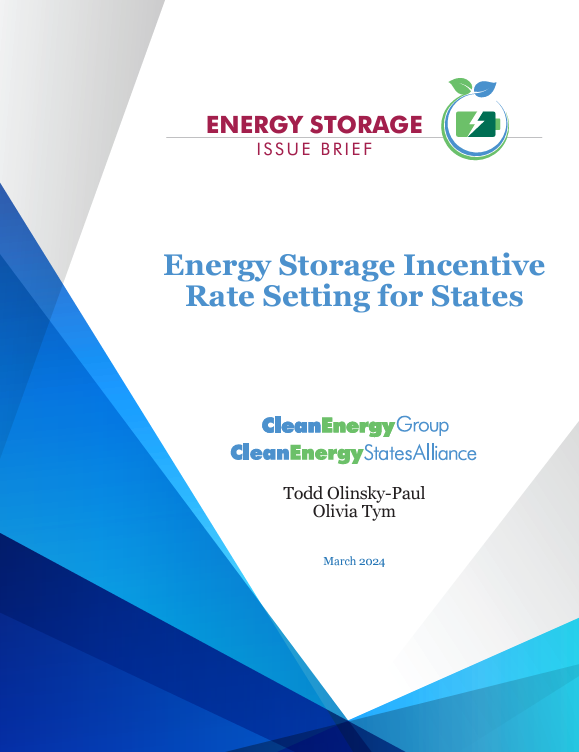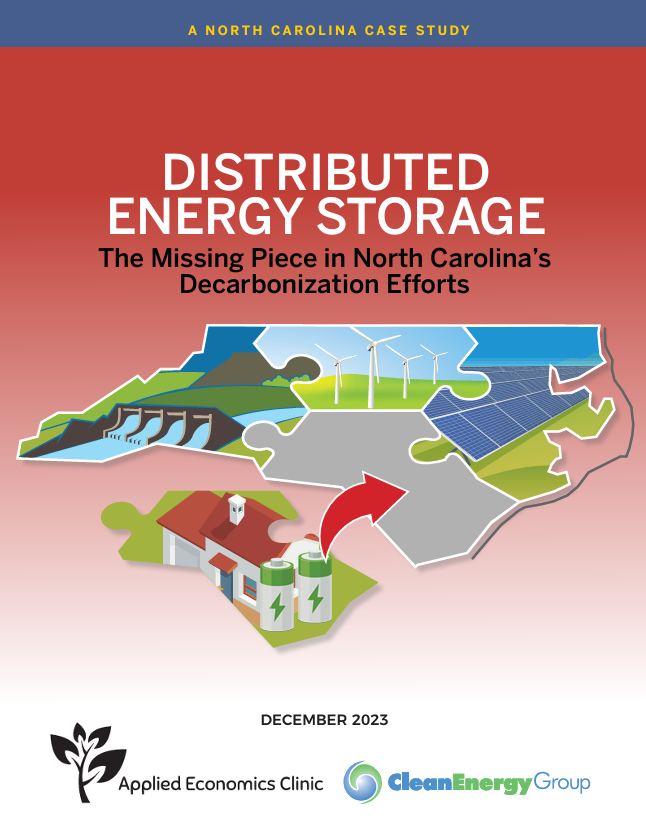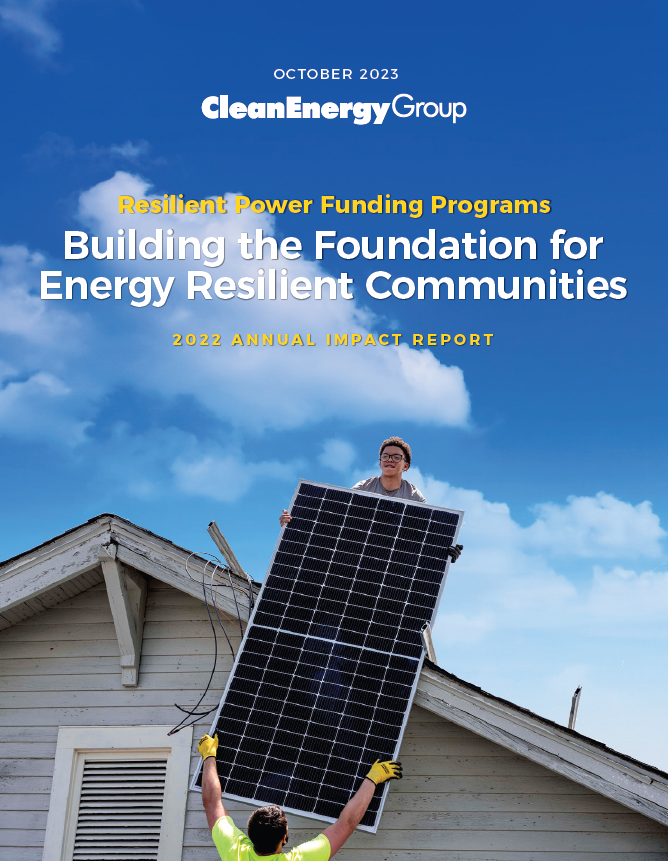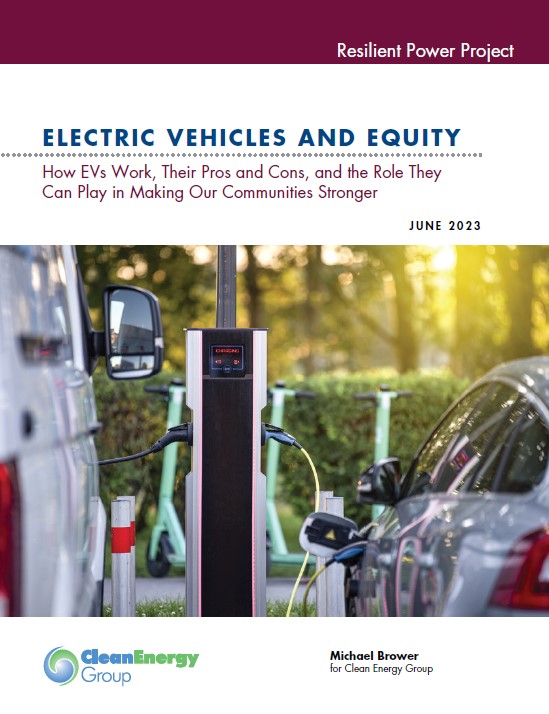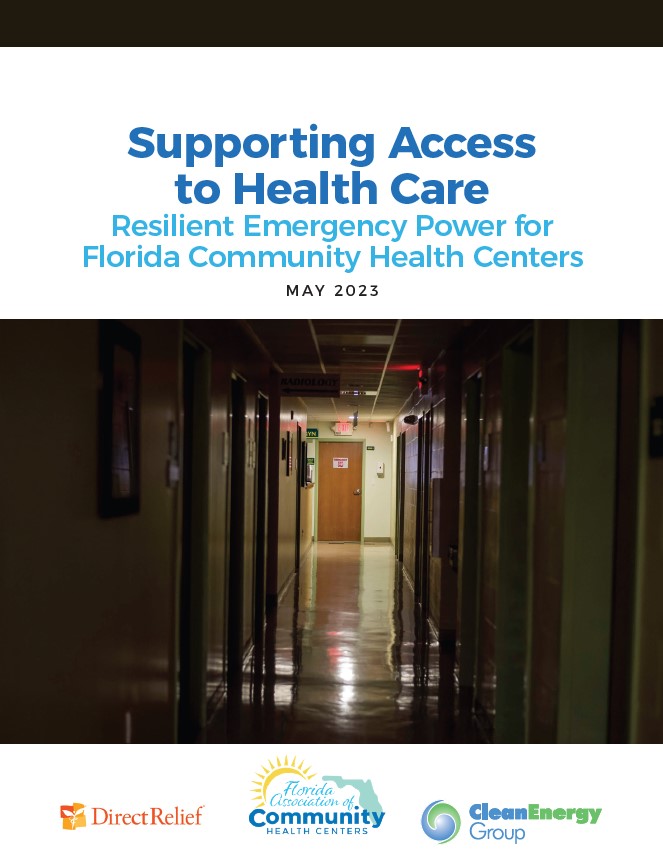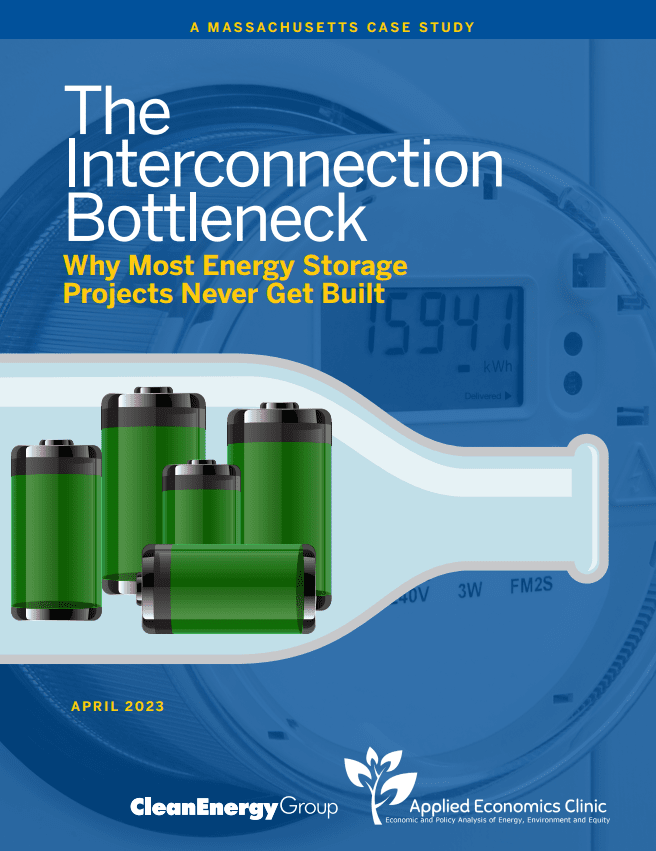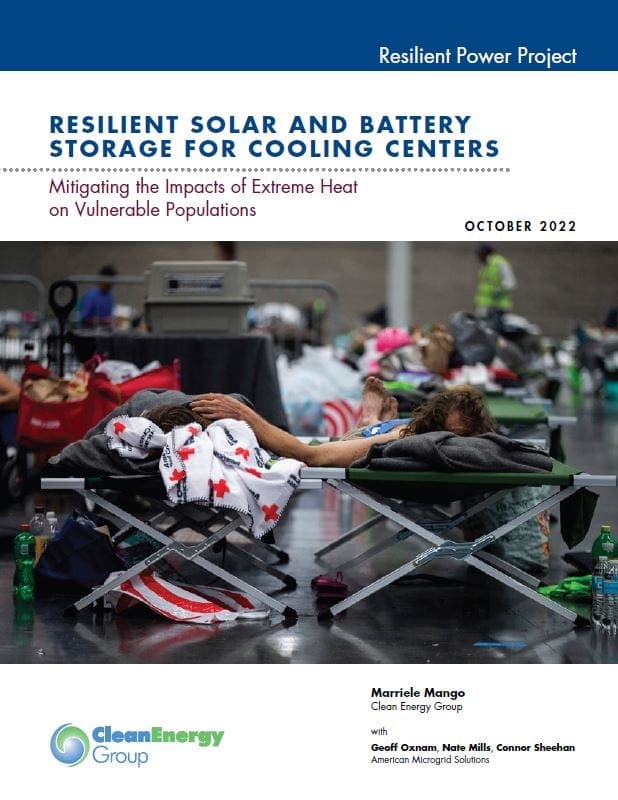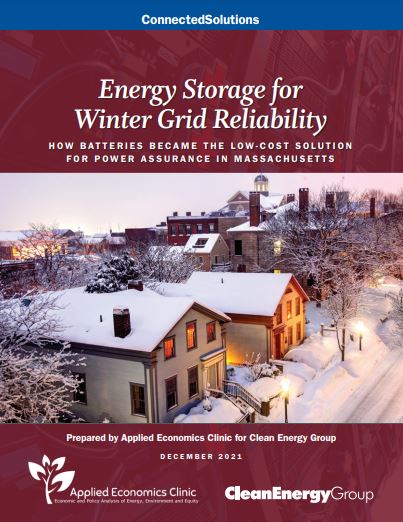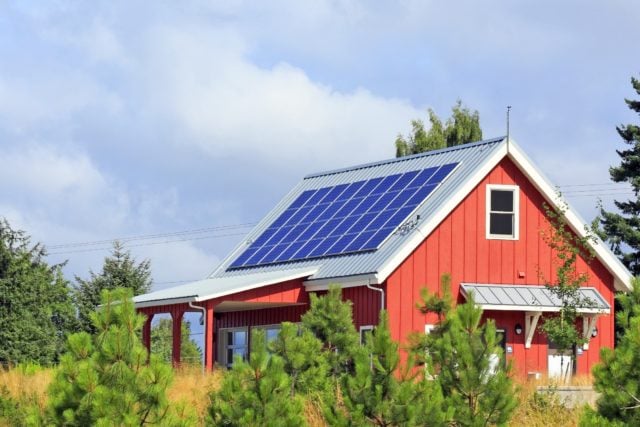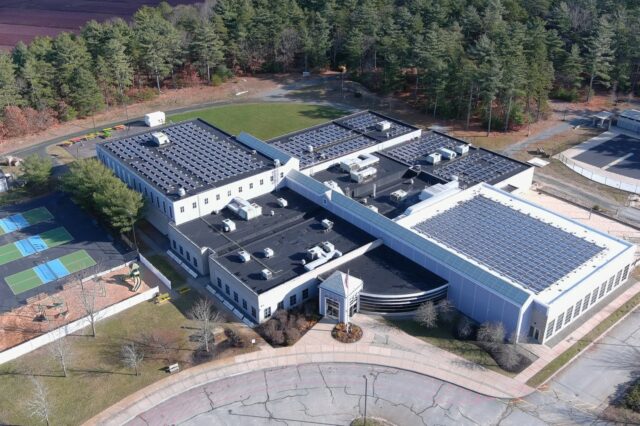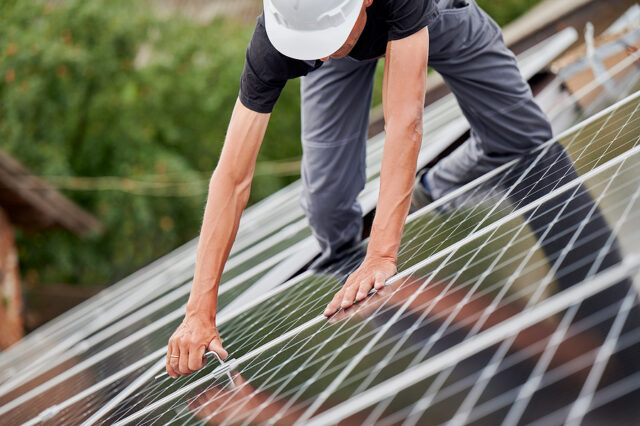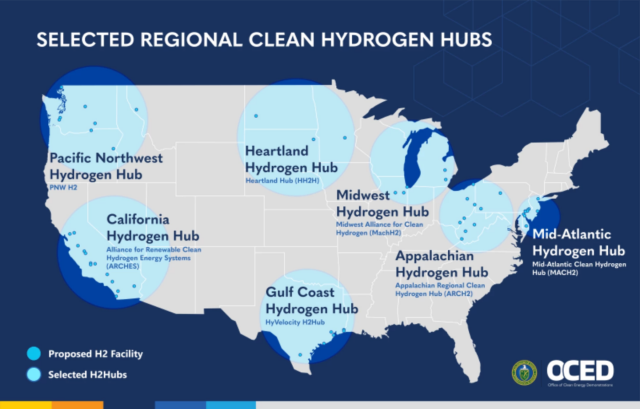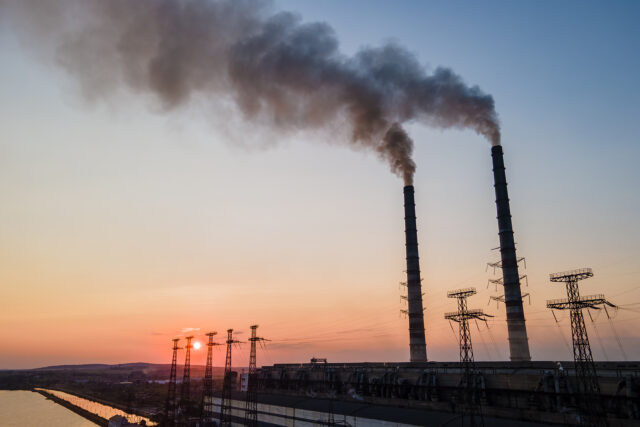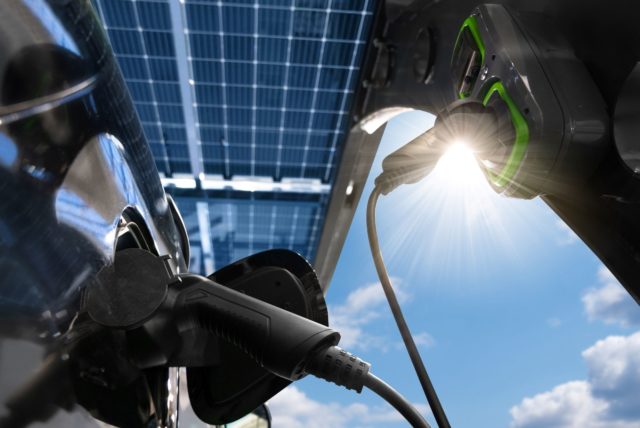Advancing
Equitable
Climate
Solutions
Clean Energy Group
What We Do
Foster collaboration across a broad community of diverse organizations
Develop and disseminate accessible information and resources to advance innovative energy solutions
Provide trusted expertise and analysis supporting community-led clean energy development
Inform inclusive clean energy programs, policies, and regulations
25
Years of
Clean Energy
Innovation
Publications
Blog
In the News & Press Releases
Clean Energy Group Celebrates Solar for All Funding Awards
Clean Energy Group is thrilled to be a Solar for All awardee, as a partner organization in the Community Power Coalition, led by Inclusive Prosperity Capital.
Our Partners
Partnership is a hallmark of our work and critical to our success. Clean Energy Group collaborates with community-based organizations, environmental justice organizations, nonprofit advocates, state and federal agencies, national laboratories, and other clean energy experts across the country.





